Confidence For Pilates Teachers: Creating It And Keeping It
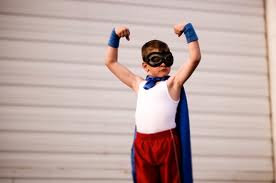 How do we Pilates teachers create, build, or find our confidence and then keep it?
How do we Pilates teachers create, build, or find our confidence and then keep it?
Just a few hours ago I heard one of my teachers say “I’m still building my confidence.” And it made me realize that we are all truly building our confidence all the time.
In this week’s Weekly Dose, I mentioned that one of the top reported challenges for teachers is confidence. This seems to be what we are working on no matter how long we’ve been teaching, it simply changes as we teach.
So I begin to ask myself can we create or build or find confidence and keep it? Is it possible?
Well, no, honestly it’s not, not entirely at least. Confidence, like all other emotional states is not fixed. It is malleable, it ebbs and flows, sometimes moment to moment, and certainly from situation to situation. But I believe what we can keep is our ability to come back to a confident place by cultivating a strong sense of where and what that space is for ourselves. This way, even when we feel less confident we are not flooded with self-doubt or self-deprecation.
But wait, you might be saying, wait just a minute! I know plenty of people who are super confident all the time. It shows in their every action and interaction. They take the bull by the horns, they take risks, they seem to never be afraid. We all know people like that and want to be them (at least that’s my fantasy!) Do you think, however, that they are truly ALWAYS feeling confident? From my experience talking to, teaching, and interviewing folks like this it’s just not true. Their confidence waxes and wanes just like the rest of us, but there is something else: we don’t see it. And we don’t see it because they are comfortable with either condition.
People who we perceive as being uber confident or always confident have simply found a way of connecting to what they are confident in all the time despite the external environment of situation.
Want to know what it is…
… themselves.
Yes, it’s that simple. Our confidence as Pilate teachers, and as just plain people, is more often than not tied unfailingly to conditions, to context, and to subject matter so every time we find ourselves learning something new or faced with a new challenge our confidence wanes because we are focused primarily on the outward negotiation of the condition, context, or subject. However, that is not where true and sustainable confidence come in. The latter kind of confidence comes in when no matter what the situation we are confident in ourselves.
One of my favorite teachers, Susan Piver, shares this about teaching meditation in her book “How Not To Be Afraid of Your Own Life”:
‘The first thing you need to do… is to create confidence in the mind of the person studying it.’ Of course, I thought. People have to know that this is great so they can relax and trust it. My mind immediately flashed to all the ways I could convey this: bold stickers on the cover with powerful quotes from well-known people, detailed histories of the practices contained, pictures of the teachers in large shrine rooms teaching many people. Then he said, ‘The way you create confidence is to offer something real.‘ Something real is what you yourself know to be true.You gain confidence, then, from your own authenticity: Your real feelings, thoughts, and ideas; the things you’ve seen with your own eyes, tested out, and learned from experience. Trusting your own experience is the source of unshakable confidence.
Building confidence for Pilates teachers means what it means for everyone else: that no matter what we are faced with our true bearings come from deeply connecting to the truth of who we are and our own experience.
No matter what you’re working on now in your teaching, whether you’ve been teaching for 10 years or 10 seconds the challenges to gain or maintain confidence are the same. At the heart of any experience we can ground ourselves in knowing what we know and letting that be the foundation for all other new and unexplored techniques, approaches, situations and interactions.
Self Inquiry:
Ask yourself a few simple questions to explore what you might better connect to in order to sustain your confidence.
1. What do I already know that I bring to the table in every situation?
2. How can I tap into my existing knowledge-base even when in unfamiliar territory?
3. What are my natural talents — those characteristics (not necessarily skills) that flow from me innately — and strengths that I can teach from no matter what material I am teaching or what circumstances I find myself in?
4. What word, phrase or reminder might I say to myself to stay connected to this confident place?
5. How am I my most authentic self and how can I always teach from the truth of my own experience?
What To Do:
Next time you find yourself in a situation where you feel your confidence ebbing bring yourself back to this place of deep, authentic confidence. This is not easy to do, but the more you practice the easier it gets. Bit by bit we begin to train ourselves to stay with the confidence even when shaken, even when questioned, even when the demand on us is greater than our capacity. The walls might crumble, but our foundation doesn’t have to.
Your Mission:
Pick a major moment of joy or accomplishment and relive it over and over again. This is going to be your mental, emotional and physiological set point moving forward. It should be one that makes you feel powerful, competent, confident, happy, free, in the flow, accepted and fully expressed. It should be a place that you can reside in even when external factors seem unsettled.
What steady Confidence offers us:
1. Courage (to be honest and take risks)
2. Clarity (to know our own mind and heart without doubt)
3. Kindness (to honor who we are and what we are at any given moment despite external situations)
4. Compassion (for ourselves and others)
5. Daring (to go to the unknown places)
6. Self-reliance (the ability to trust ourselves in any situation enter)
7. Aplomb (candor, right speech, dignity and diplomacy through right speech and right action)
8. Resolution (firm resolve when making decisions)
9. Tenacity (the ability to sustain energy toward any given goal)
10. Spirit (the full expression of our creative selves, our hearts, and our innate intelligence)
And as always, dear ones, I look forward to having you share your thoughts, questions, insights or challenges below.
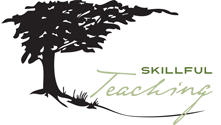
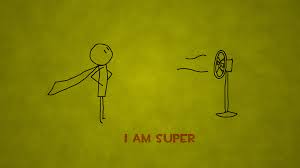
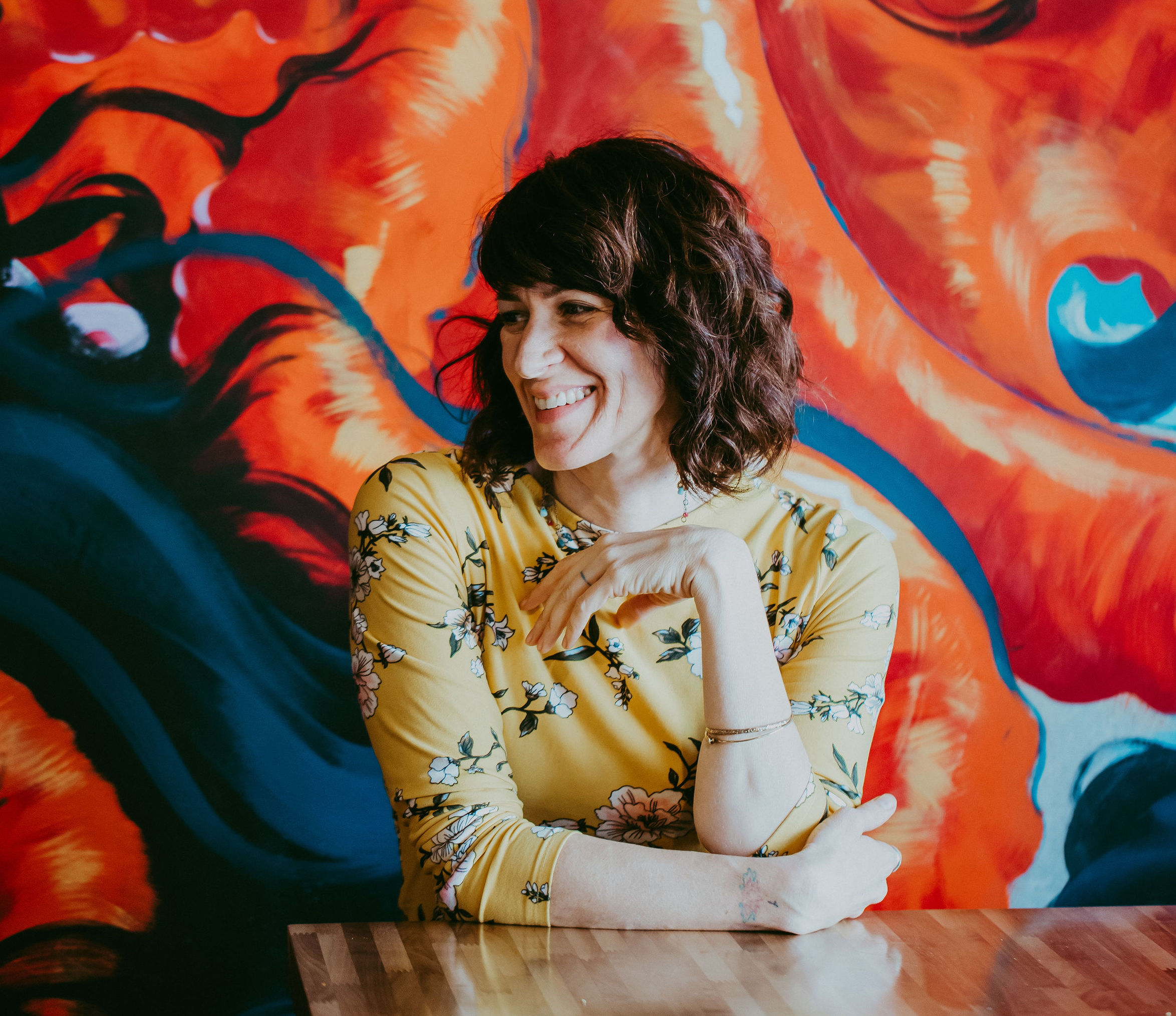 How are you showing up? Why are you showing up? Why do you teach? What IS teaching? Why do you care? This is Skillful Teaching: A Whole-person approach to being an expert teacher, not an expert technician. There's a difference. Want to know what it is?
How are you showing up? Why are you showing up? Why do you teach? What IS teaching? Why do you care? This is Skillful Teaching: A Whole-person approach to being an expert teacher, not an expert technician. There's a difference. Want to know what it is?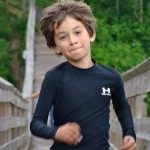

TENACITY…..thank you for reminding me. I combine this with my inner statement of ” I believe .” Now I am set and renewed again.
Thank you, Chantill.